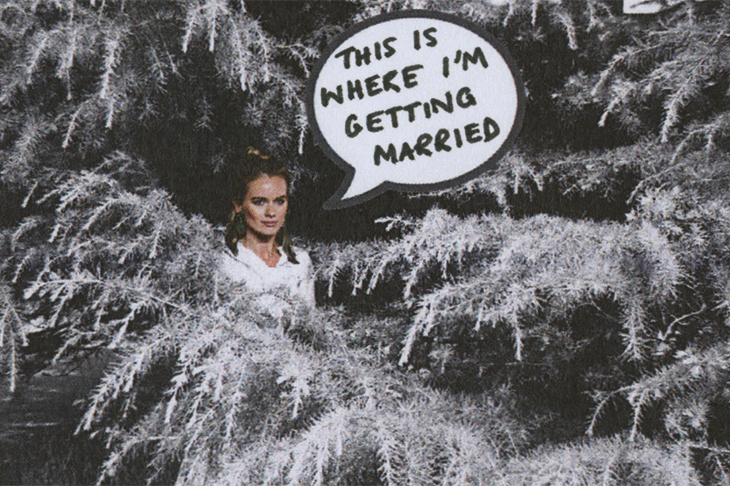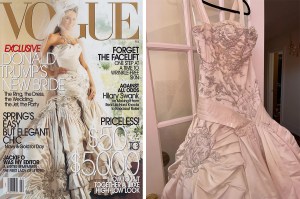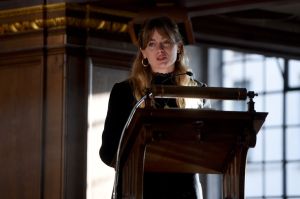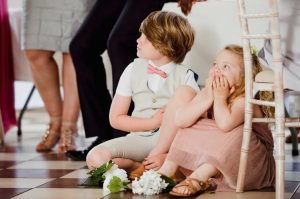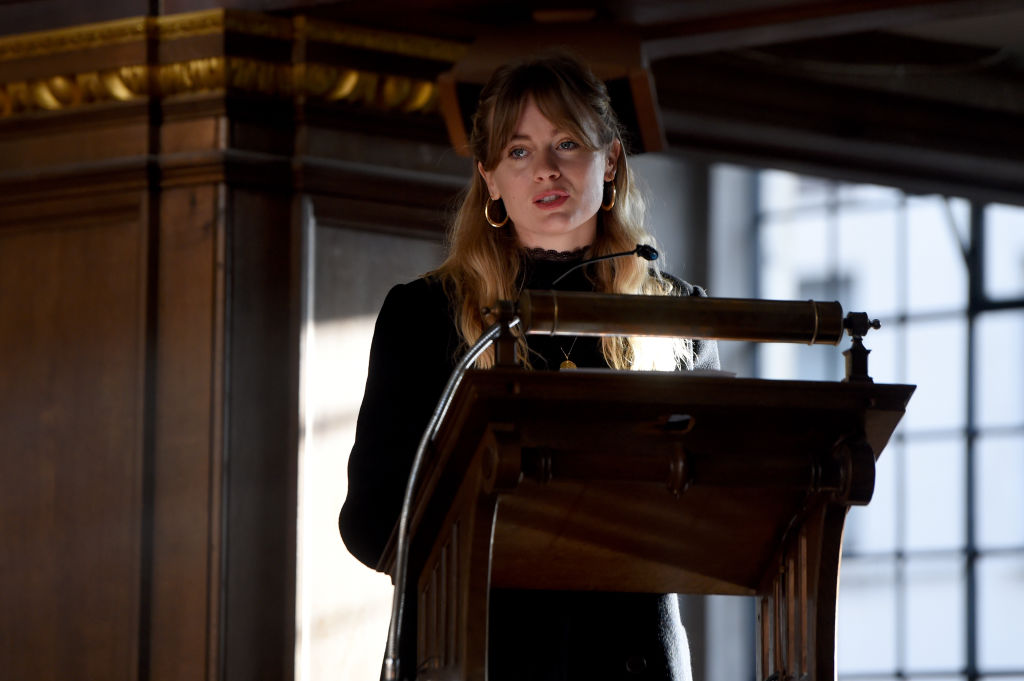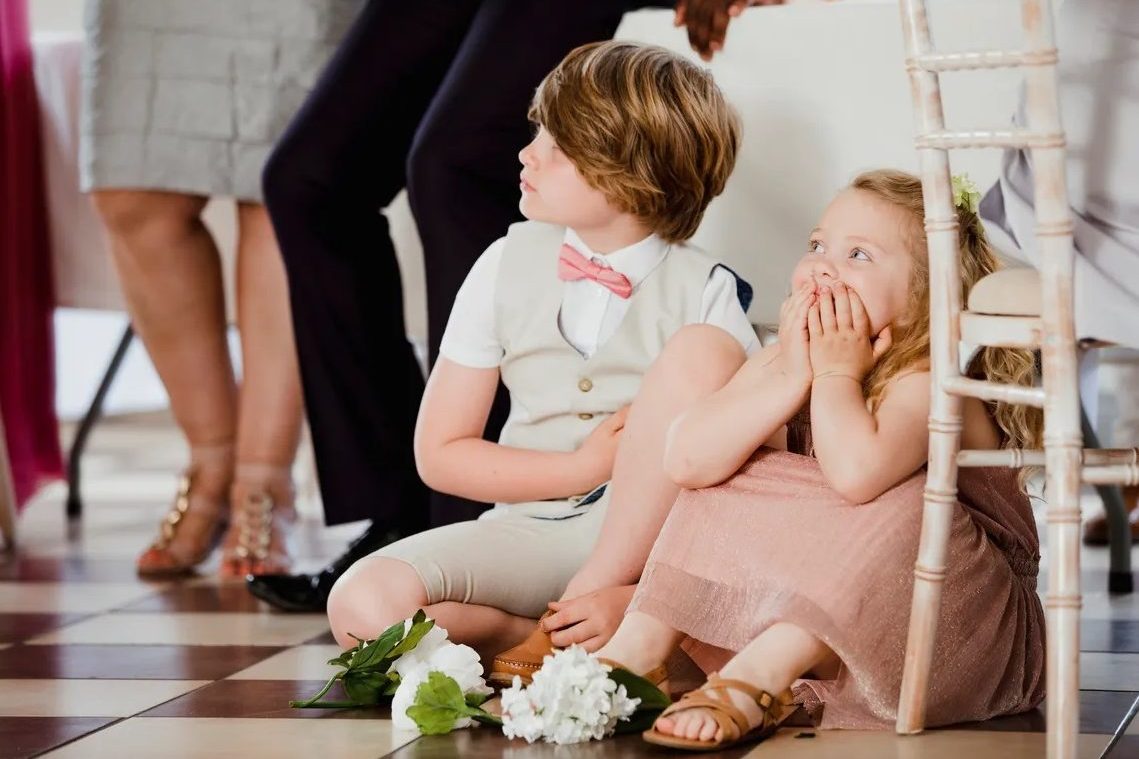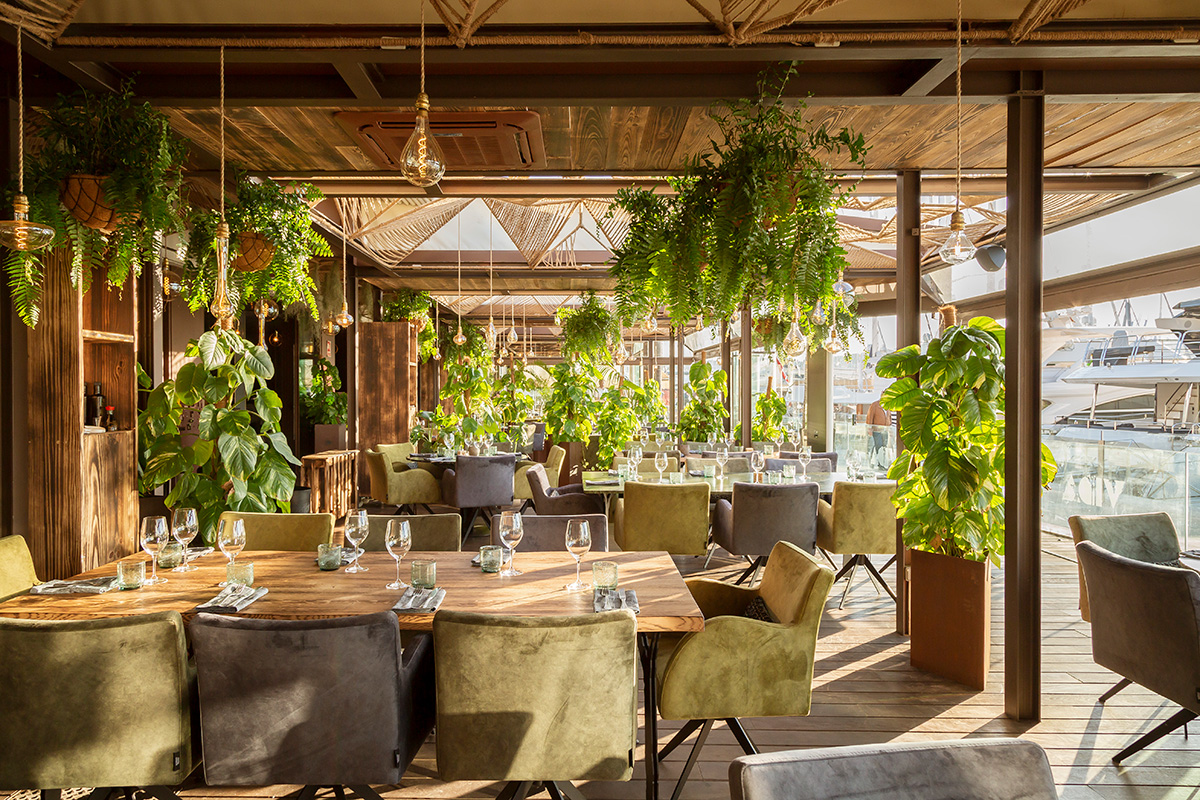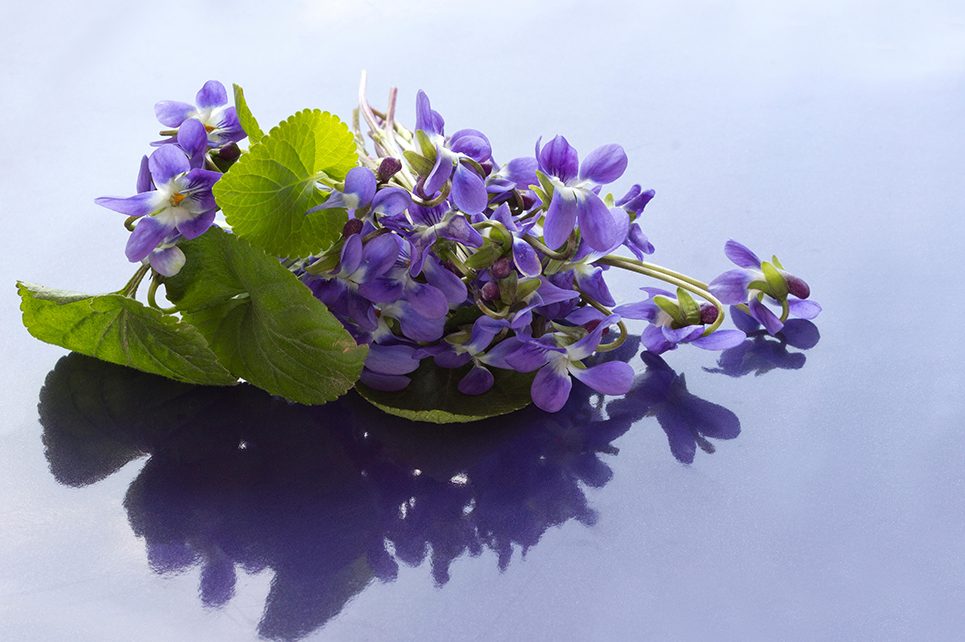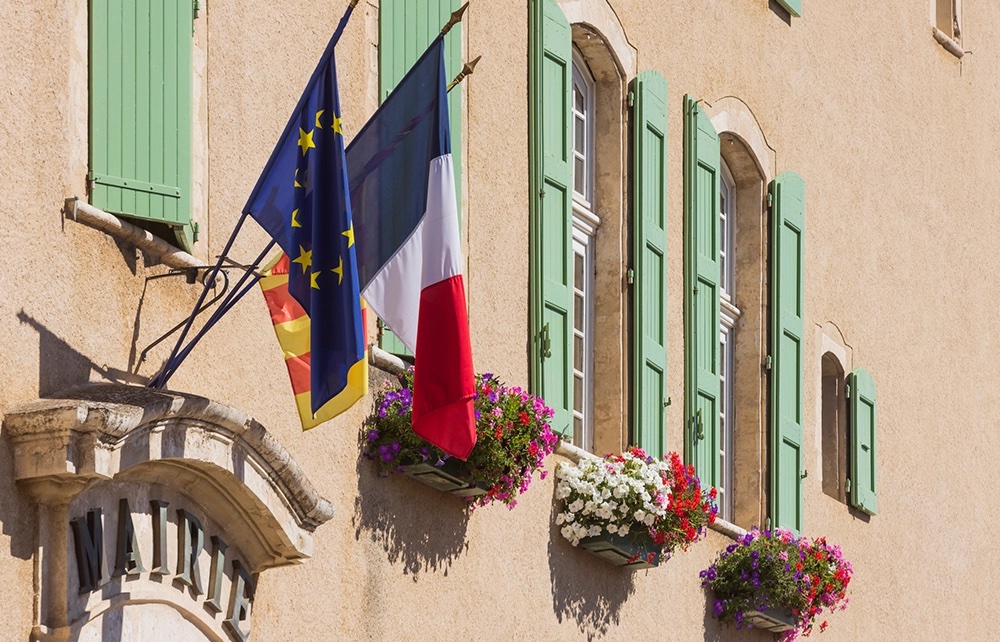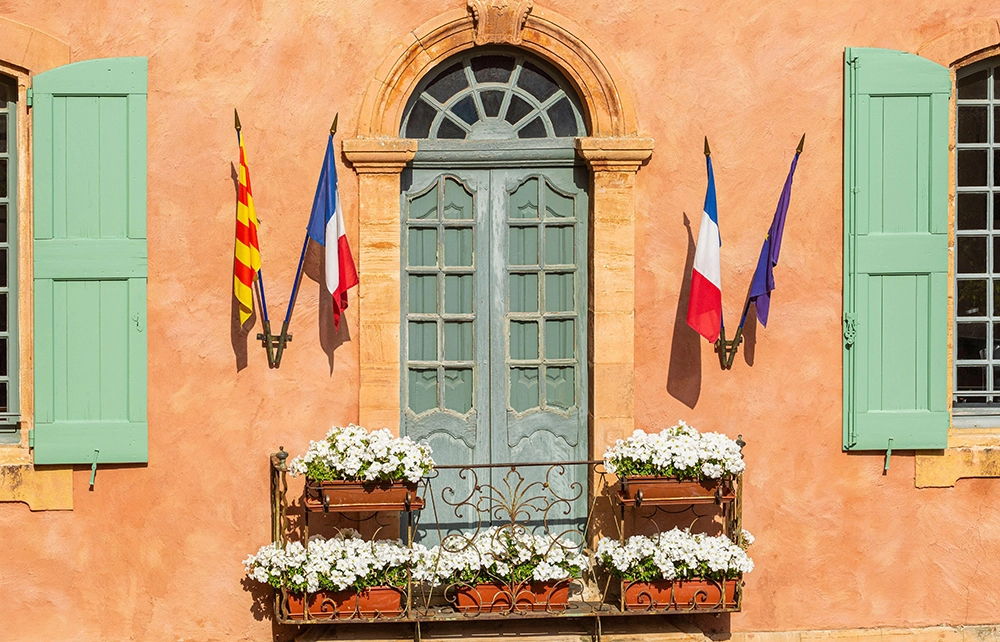White House Farm began last week on ITV; a six-part factual drama about the notorious murders. I play Sheila Caffell, Jeremy Bamber’s sister and one of the victims. She was initially thought to have committed the crimes, and was described in the tabloids as ‘crazed’ and ‘deranged’ — an unfair portrait of a mother who was suffering from schizophrenia. I hope people who see it understand the turmoil she had to go through in life. There’s a lot of talk about mental health these days. Researching the part, it occurred to me that we have as a country become much more understanding on the issue. That’s a good thing. I hope Sheila’s reputation is repaired.
Getting to know Sheila’s ex-husband Colin Caffell, who supported the show, was an honor. It’s remarkable how he has managed to overcome the devastation inflicted upon his family by Jeremy Bamber (played brilliantly by my friend Freddie Fox). Colin’s book, In Search of the Rainbow’s End, is his account of what happened that night and the years of suffering he went through. Every day on set I would carry his book around with me.
I do love Lorraine Kelly. Doing press for White House Farm, I was asked to go on her morning show. I wanted to talk about the work, but I was apprehensive that I would be questioned about my past love life. I usually get asked and always give some awkward answer; the journalist then looks equally uncomfortable as I try to move the conversation on. My mum, who loves the Lorraine show and watches it every morning, said: ‘Don’t worry, Lorraine is lovely, motherly, a kind person, and she won’t ask you anything horrid, I promise.’ I reminded her that she doesn’t actually know Lorraine. My mum said she feels as if they are great friends. I rolled my eyes. Well, Lorraine was just as Mum said. When the cameras stopped, I gave her a relieved hug.
I’m getting married, and everyone seems to have very strong opinions about the wedding. I disagree with nearly all of them. I always imagined I’d have a small wedding, until I realized our two families alone come to 120 people. I’m amazed that’s even possible. My dad thinks we should do what people did in his day: church service; glass of champagne; father of the bride speech; best man toast; cup of tea; piece of cake; bride and groom leave; guests ‘bugger off’ — three hours tops. This is not what I had in mind.
Then I managed to upset my dad by telling him I wanted to get hitched under a tree. He’s in his seventies, and a traditional type — his mother, Winifred, was a choir mistress. He looked at me as if I had completely lost the plot, then he insisted that we say our vows in a church. ‘How much poorer our lives would be without our churches and music,’ he said, with real feeling. He said that the cultural side of Christianity was enormously important to him and probably is to most young people, even if they don’t realize it. He added that vows exchanged in a church are more likely to be taken seriously. In his dreams, my father is the Iron Duke, winning campaigns on the battlefield. He does not want to be defeated by his daughter and a tree. My mum, typically, took a different approach: she said she would be very happy for me to get married in the tree if that made me happy. Fortunately, we have a middle man; my older half-brother Henry happens to be an event planner. I’m leaving the diplomacy to him.
I’m a big fan of the director Greta Gerwig and I was disappointed that she was not nominated for an Oscar in the best director category this year. In fact, there was no mention of any female director, which has generated another debate about sexism in my industry. I make no comment on that, but I was so moved by Gerwig’s Little Women (adapted from Louisa May Alcott’s novel) that I went back to the cinema on my own to see it again. Going to the cinema alone is one of my life’s greatest pleasures: I love it. Little Women is a story about sisterhood; Meg, Jo, Beth and Amy have ambitions and passions and hopes for more than just marriage and children. I have lots of sisters, so can relate.
My latest project is a soon-to-be-released podcast called ‘Fear Itself’. I’m curious to know if we really do, as Roosevelt said, have nothing to fear but fear itself. What about disease? Climate change? God? I’ve already recorded a few interviews with a wonderful mix of people. On YouTube, I found a man with a handpan — a soothing sound — so that is the theme tune. I know podcasts can come across as self-indulgent and vapid. But my idea is to be as honest as possible: to ask people about their deepest fears. When does fear motivate someone? When does it limit them and why? How do people face fears and how do fears manifest? My guests so far include an ex-gang leader turned poet and a base jumper who talks about how he harnesses fear in order to persuade himself to jump off the Eiffel Tower. I can’t relate to that.
This article was originally published in The Spectator’s UK magazine. Subscribe to the US edition here.



